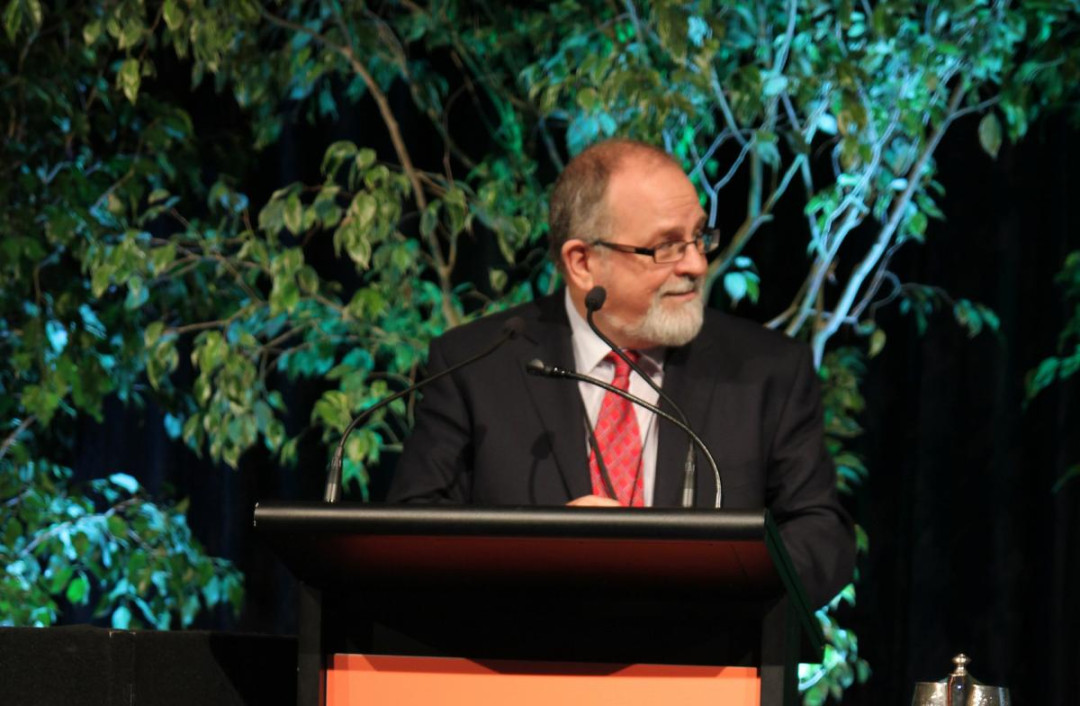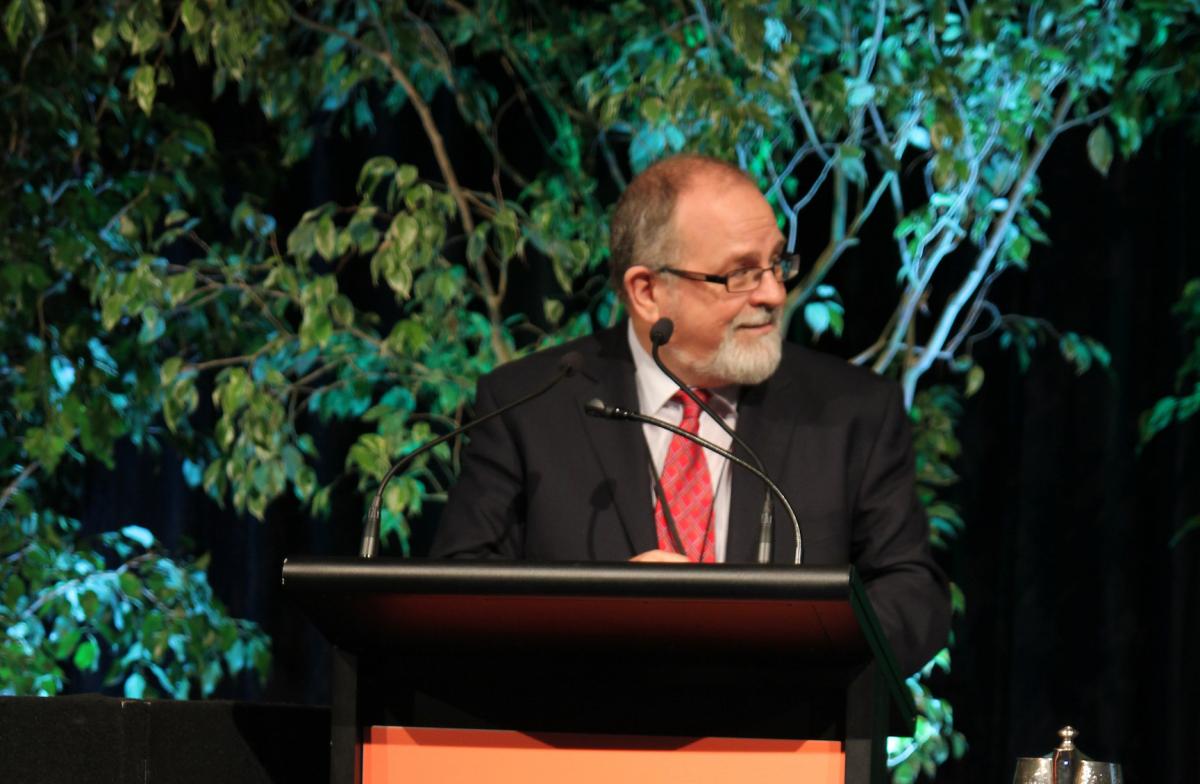Cannabis risks underestimated


Wayne Hall
People who use cannabis generally under appreciate how easily they could become dependent and often mistakenly believe the drug has no real health risks, the New Zealand Drug Foundation's Cannabis and Health Symposium was told today.
Professor Wayne Hall, from the University of Queensland, said epidemiological studies over the last 20 years had firmly established cannabis dependence as a significant problem.
“What’s clearest is that there are a lot more people seeking help for cannabis dependence than there ever have been, and this is equally true in places where the drug has been decriminalised – so it’s not just a result of compulsory treatment coming from law enforcement.“In Australia, for example, the figures for those seeking help are very close to the figures for those wanting treatment for alcohol dependence.”
He said around 9 percent of cannabis users develop a dependence problem, which is very significant considering how many people use the drug. But the risks are much higher (one in six or around 17 percent) for people who start smoking cannabis in early adolescence. Regular, daily users have a 33-50 percent chance of becoming dependent.
He said early users of cannabis are also much more likely to suffer the adverse health effects of cannabis use, which are now much better understood and more common that originally thought.
These include respiratory or cardiovascular problems, psychosis and poor performance school. Recent New Zealand evidence from the Dunedin cohort study, for example, showed chronic cannabis users had an average IQ of eight points below their peers.
“In 1993 we knew cannabis impaired cognitive and psychomotor function, but we didn’t know to what extent or whether theses effects were permanent or reversible,” Professor Hall said.
“But we now have neuro-imaging evidence that heavy cannabis use can physically alter structures in the brain responsible for those types of functions.”
Professor Hall concluded by saying we need to keep researching the health effects of cannabis, find better ways of treating cannabis dependence and better ways of educating young people about its risks.
The Cannabis and Health Symposium runs from 27-29 November and seeks to broaden New Zealand’s discussion of issues around cannabis such as recent research about its effects, whether there is a need for cannabis law reform and the best ways of addressing cannabis-related harm.
Recent news

Beyond the bottle: Paddy, Guyon, and Lotta on life after alcohol
Well-known NZers share what it's like to live without alcohol in a culture that celebrates it at every turn

Funding boost and significant shift needed for health-based approach to drugs
A new paper sets out the Drug Foundation's vision for a health-based approach to drug harm

Expert Pharmac committee recommends funding for overdose reversal nasal spray
The expert committee has said funding for naloxone in the community should be a high priority

